In the realm of mechanical connections, the use of flange bolts and washers entails a pivotal role in ensuring secure and resilient linkages within diverse applications. Defined by their specifics and applications, flange bolts serve as specialized fasteners primarily employed for affixing flanges or other components necessitating robust and stable connections. Typically comprising the bolt body, washer (and sometimes specifically designed flange washers), and nut, this assembly forms a comprehensive system facilitating steadfast connections.
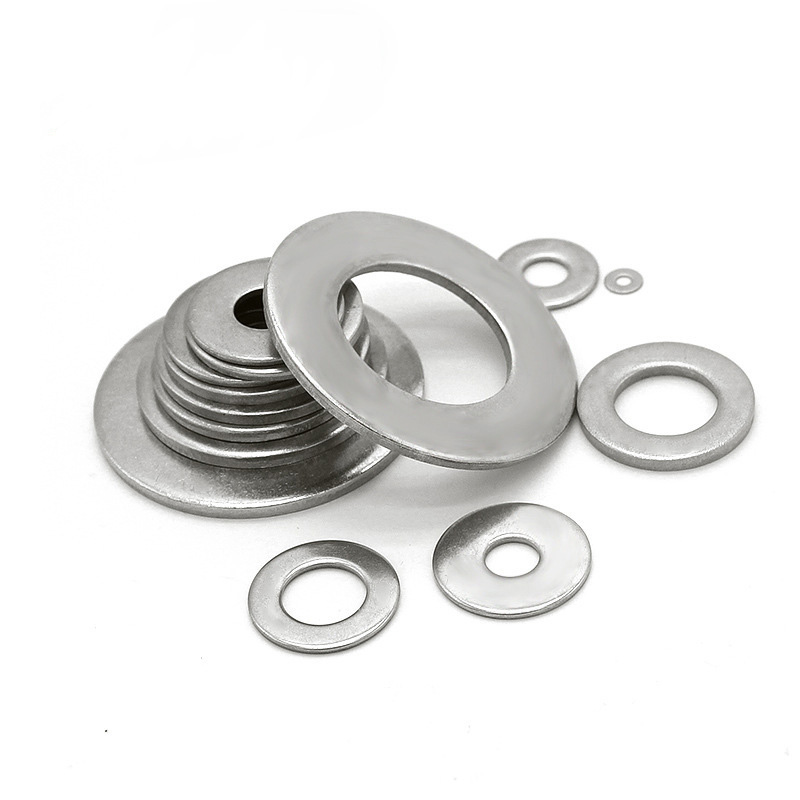
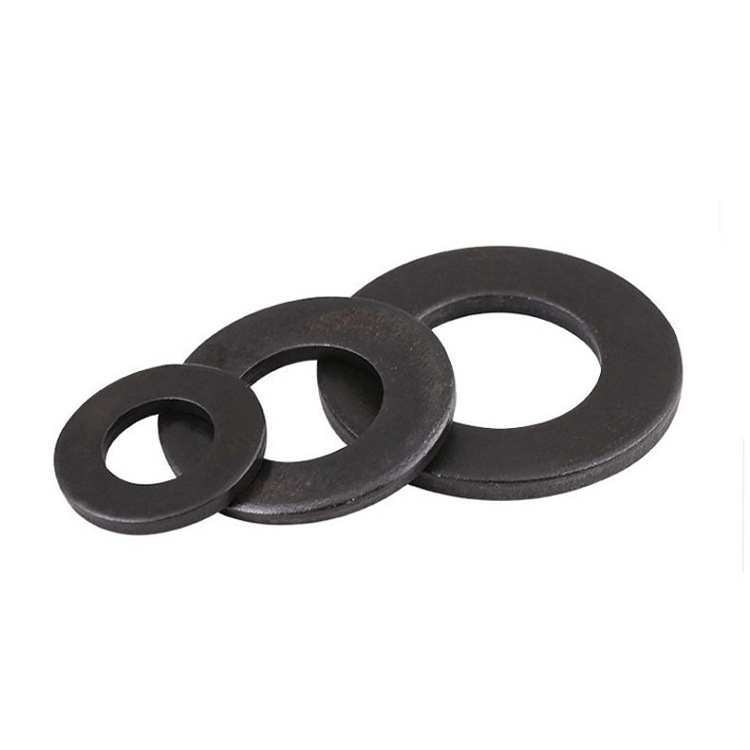
Within flange connections, two flanges are securely joined through the interlocking of bolts and nuts to achieve sealing and bonding objectives. Characterized by threaded features on the bolt head and shaft segments, flange bolts effectively interact with accompanying nuts to generate preloading force, ultimately pressing the flanges tightly together. Concurrently, washers are positioned between the flange, custom stainless bolts heads, or nuts to disperse pressure, enhance friction, deter loosening, and in certain scenarios, enact sealing functionalities.
bolts manufacturer find common utility in scenarios where flange Allen bolts heads necessitate expansive coverage areas to prevent sinking or loosening. Typical applications encompass securing metal roof panels, fastening wooden frameworks, and anchoring heavy machinery onto concrete floors. Conversely, washers are instrumental in situations requiring the dispersion of load across broader surface areas or mitigating the potential sinking of bolts or nuts into mated materials. Notably, these include fixing metal roof panels, securing wooden frameworks, anchoring heavy machinery onto concrete floors, fastening electrical connectors, and bolstering pipeline fixtures.
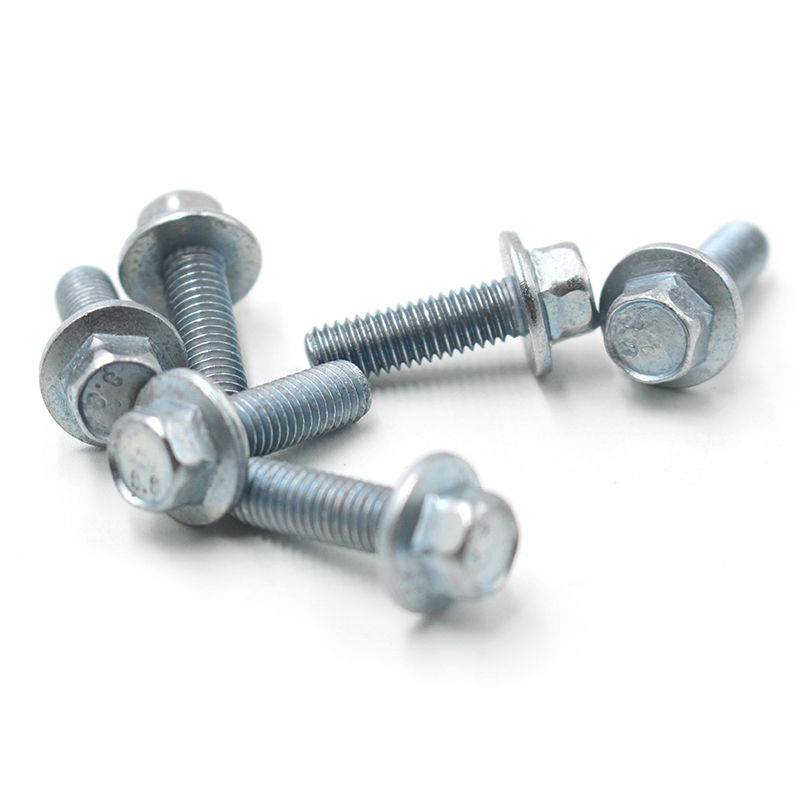
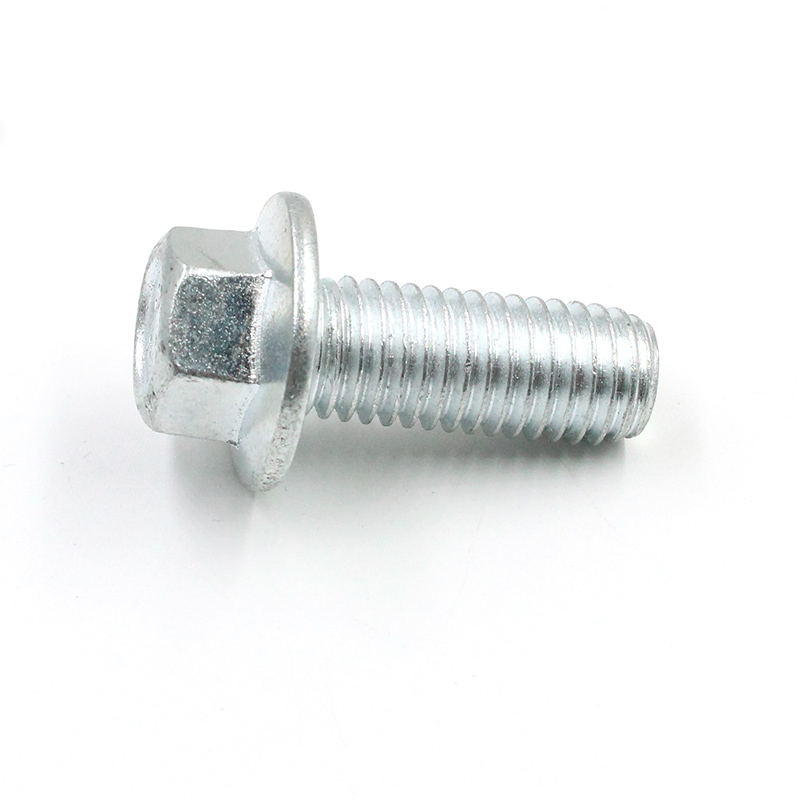
The feasibility of utilizing washers as substitutes for flange Allen bolts hinges upon several critical considerations. While instances may arise where washers can supplant flange bolts, it is imperative to acknowledge that the primary design intent of flange bolts revolves around augmenting load distribution and averting hardware bolt loosening. To ascertain the appropriateness of substituting washers for flange bolts, consulting experienced professionals is advisable. Key factors warranting deliberation encompass the material type the bolt will be fastened into, the anticipated load exerted on the bolt, and the amplitude of vibration the bolt will encounter.
In conclusion, both custom hex bolt and washers represent integral categories of fasteners, each serving unique functions within diverse junctures. While flange bolts predominantly cater to scenarios necessitating broad-spectrum load distribution to forestall displacement or slackening, washers specialize in dispersing loads across expansive regions and preventive submersion of fasteners within their affixed materials.
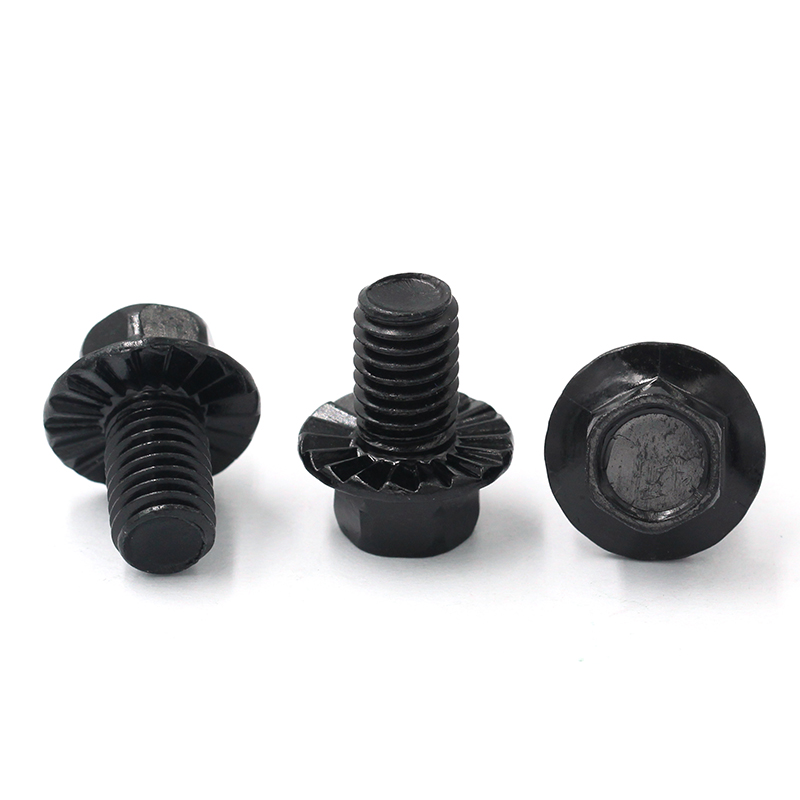
As a trusted hardware bolt manufacturer with a legacy of over 30 years, our commitment to superior craftsmanship and bespoke service positions us as the premier choice for your intricate fastening needs.
Dongguan Yuhuang Electronic Technology Co., Ltd
Email:yhfasteners@dgmingxing.cn
Phone: +8613528527985
https://www.customizedfasteners.com/
We are experts in non-standard fastener solutions, providing one-stop hardware assembly solutions.
Post time: Sep-07-2024








